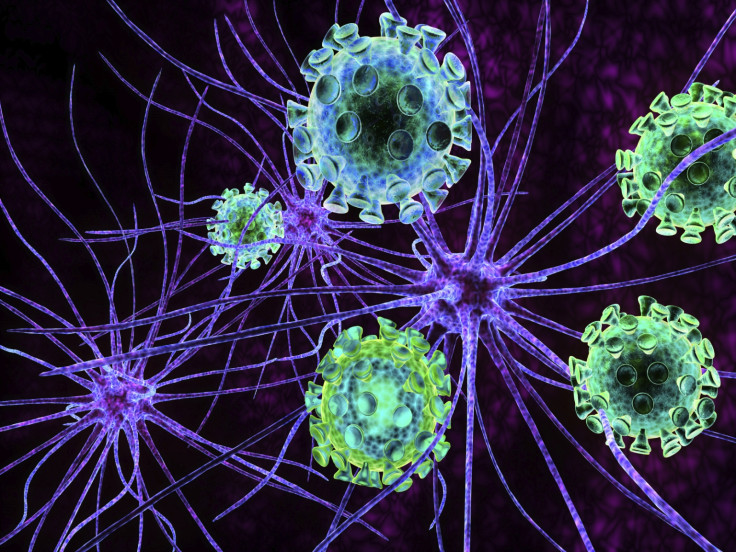'Intelligent' nanoparticle breakthrough hailed as revolutionary for cancer treatment
The "intelligent" nanoparticles can reportedly self-regulate their temperature.

"Intelligent" nanoparticles which can self-regulate their temperature could be used to help kill cancerous cells, a team of scientists from the University of Surrey have claimed.
The microscopic particles can reportedly heat up enough to destroy the targeted cells yet, crucially, also reduce the temperature before they get hot enough to harm healthy human tissue.
"This could potentially be a game changer in the way we treat people who have cancer," said professor Ravi Silva, head of the advanced technology institute at the University of Surrey and co-author of the study.
Thermotherapy has long been used to treat cancer– however scientists say it is difficult to treat patients without damaging surrounding, healthy, cells.
Tumour cells, the team said, can be "weakened or killed" without affecting normal tissue if temperatures can be controlled accurately within a range of 42°C to 45°C.
Working alongside colleagues from the Dalian University of Technology in China, experts created nanoparticles which could be implanted in a subject to induce temperatures of up to 45°C.
The nanoparticles produced for this study were self-regulating, meaning that they self-regulated turning off heating when they reached temperatures over 45°C. More significantly, the team said they were also low in toxicity meaning that they would be unlikely to cause permanent damage to a patient's body.
"If we can keep cancer treatment sat at a temperature level high enough to kill the cancer, while low enough to stop harming healthy tissue, it will prevent some of the serious side effects of vital treatment," Silva continued. "It's a very exciting development," he added.
The "self-stopping nanoparticles" could soon be used as part of hyperthermic-thermotherapy to treat cancer patients, according to the team's study - now published in the journal Nanoscale.
Dr Wei Zhang, associate professor from Dalian University of Technology, said: "If we can modulate the magnetic properties of the nanoparticles, the therapeutic temperature can be self-regulated, eliminating the use of clumsy temperature monitoring and controlling systems.
"This is a major nanomaterials breakthrough."
Research into the use of nanoparticles in cancer treatments has been in progress for years. In June 2016, a study published in the journal Nature found they could be effective against tumours.






















